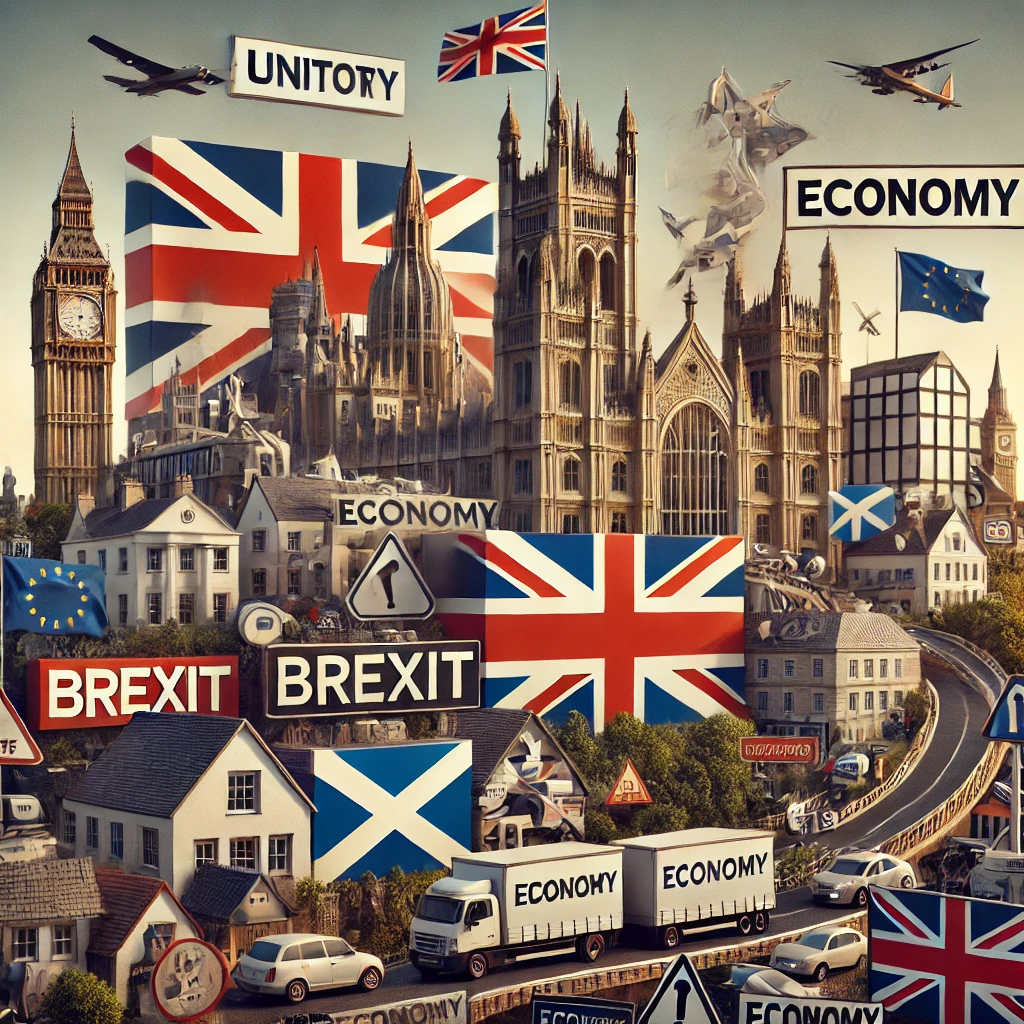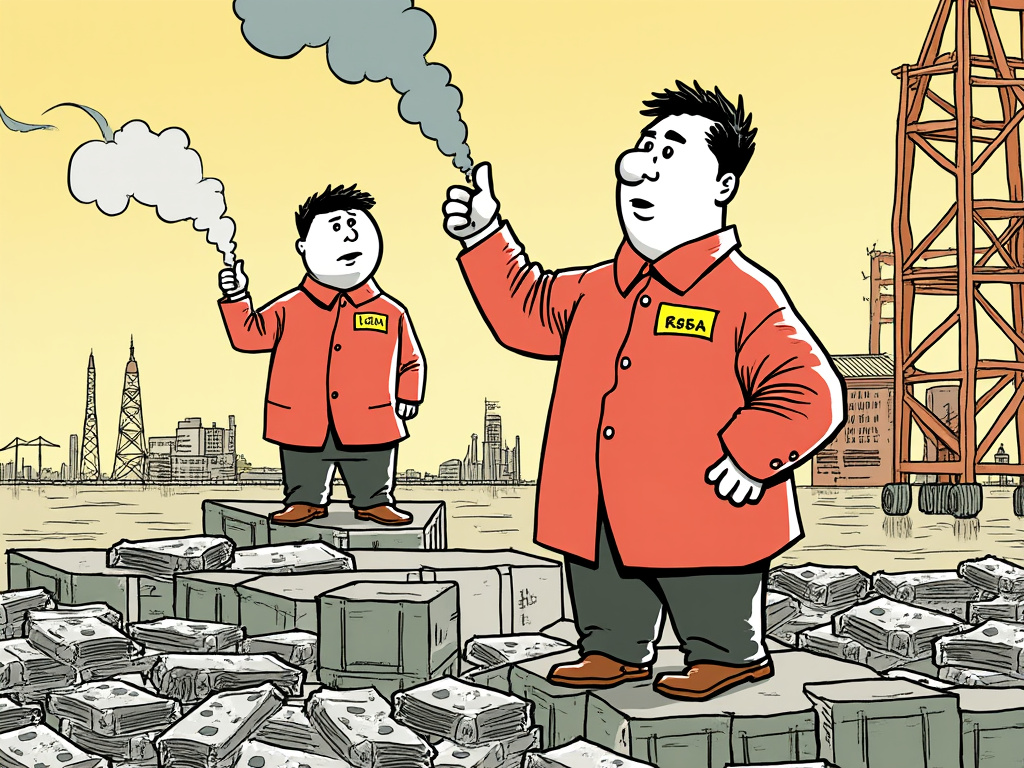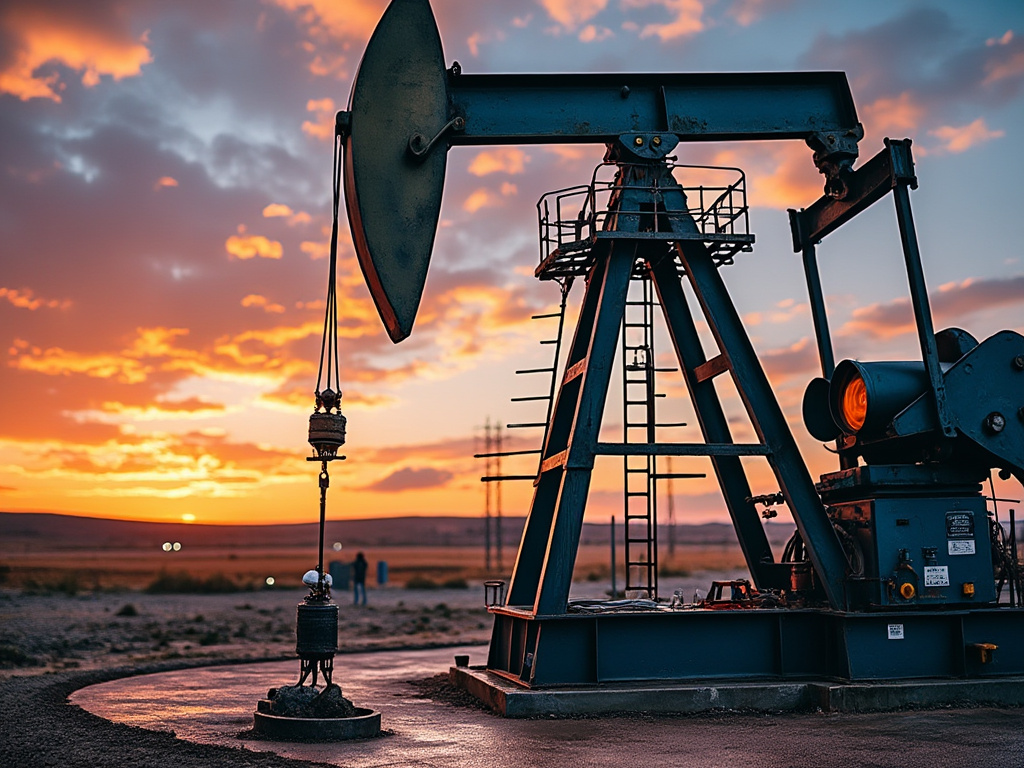British politics is navigating through a period of intense transformation, with major issues like Brexit, the economy, healthcare, and climate change shaping the debate. Political parties face significant challenges as the United Kingdom adapts to a post-Brexit reality, economic recovery, and demands for constitutional reform. Here’s a breakdown of the key dynamics shaping Britain’s political scene:
The Conservative Party: Leadership Under Pressure
The Conservative Party, which has been in power since 2010, is led by Prime Minister Rishi Sunak. Sunak’s leadership is characterized by both promise and peril, as the party continues to grapple with internal divisions over Brexit, economic policy, and party scandals. The fallout from Brexit, in particular, has left lingering challenges regarding trade, labor shortages, and the future relationship with the European Union.
Economically, the UK faces rising inflation, stagnant wage growth, and the effects of the global energy crisis. Sunak has positioned himself as a steady hand, focusing on economic management, but his government has struggled to combat the cost-of-living crisis affecting millions of British citizens. Critics argue that austerity measures and tax policies have hurt working-class families, while some within his party are pushing for more aggressive free-market reforms.
Labour Party: Keir Starmer’s Rising Prospects
Labour, the main opposition party, led by Keir Starmer, has been gaining momentum in recent polls. Starmer has worked to distance the party from the more radical left-wing agenda of his predecessor, Jeremy Corbyn, presenting a more centrist platform aimed at broad appeal. His focus on issues like the NHS, education, and affordable housing resonates with voters who feel left behind by Conservative policies.
Under Starmer, Labour has made significant inroads in traditional Tory strongholds, particularly in the south of England, where disillusionment with the Conservative government is growing. However, questions remain about Starmer’s ability to energize Labour’s traditional base in the north and Scotland, regions that have seen rising support for the Scottish National Party (SNP) and other alternatives.
Brexit: A Lingering Shadow
Though the UK formally left the European Union in 2020, Brexit’s effects continue to shape British politics. Trade deals, supply chain disruptions, and new immigration policies have sparked debates about the long-term impact of the decision to leave the EU. Businesses, particularly in sectors like manufacturing and agriculture, have faced challenges adapting to new trade regulations. Additionally, labor shortages in industries that relied heavily on European workers remain an issue.
Politically, Brexit has deepened divisions within the Conservative Party, with hardline Brexiteers advocating for more isolationist policies, while moderates push for closer ties with the EU. Labour, on the other hand, has largely avoided rehashing the Brexit debate, focusing instead on domestic issues like healthcare and economic recovery.
The Scottish Independence Debate
The question of Scottish independence remains a major constitutional issue. The Scottish National Party (SNP), led by Humza Yousaf, has continued to push for a second referendum on independence, arguing that Brexit has fundamentally changed Scotland’s relationship with the rest of the UK. The SNP points to Scotland’s overwhelming vote to remain in the EU as evidence that the country’s interests are not aligned with Westminster.
However, the path to another referendum remains uncertain. The UK government has repeatedly denied calls for a second vote, citing the 2014 referendum, in which Scots voted to remain part of the UK. Still, with growing support for independence among younger voters, this issue is likely to remain a focal point in British politics for years to come.
Northern Ireland: A Fragile Peace
Brexit has also reignited concerns about Northern Ireland’s status. The Northern Ireland Protocol, a key part of the Brexit deal, has created tensions between unionist and nationalist communities. Designed to prevent a hard border between Northern Ireland and the Republic of Ireland, the protocol effectively places Northern Ireland in a unique position, subject to both UK and EU rules.
Unionists, who support continued ties to the UK, argue that the protocol undermines Northern Ireland’s sovereignty by creating a de facto customs border in the Irish Sea. Nationalists, who favor Irish reunification, see the protocol as a necessary compromise to maintain peace and economic stability. The situation remains fragile, with fears that tensions could escalate, threatening the delicate balance established by the Good Friday Agreement.
The Green Party and Climate Politics
As climate change becomes an increasingly urgent global issue, the Green Party has been gaining visibility in the UK political landscape. While still a smaller party compared to Labour and the Conservatives, the Greens have positioned themselves as the leading voice on environmental issues, advocating for stronger action on climate policy, renewable energy investment, and sustainable economic growth.
Mainstream parties have responded by incorporating more ambitious climate goals into their platforms. The Conservatives have pledged to reach net-zero carbon emissions by 2050, though critics argue that their policies lack the urgency required to meet that target. Labour has similarly embraced green initiatives, but the challenge for both parties will be turning these promises into concrete action while managing the economic costs of transitioning to a greener economy.
What Lies Ahead?
With a general election expected in 2025, British politics is likely to remain volatile. The Conservatives face the challenge of maintaining power amid growing public dissatisfaction, while Labour seeks to capitalize on their momentum and present themselves as a credible alternative. The future of the UK itself could also be at stake, with the Scottish independence debate and Northern Ireland’s fragile status threatening to reshape the political map.
In the coming years, the outcome of these key issues—economic recovery, constitutional reform, and the environment—will determine the direction of British politics. As voters prepare for the next election, the landscape remains uncertain, with both major parties facing pressures from within and outside their traditional bases.



